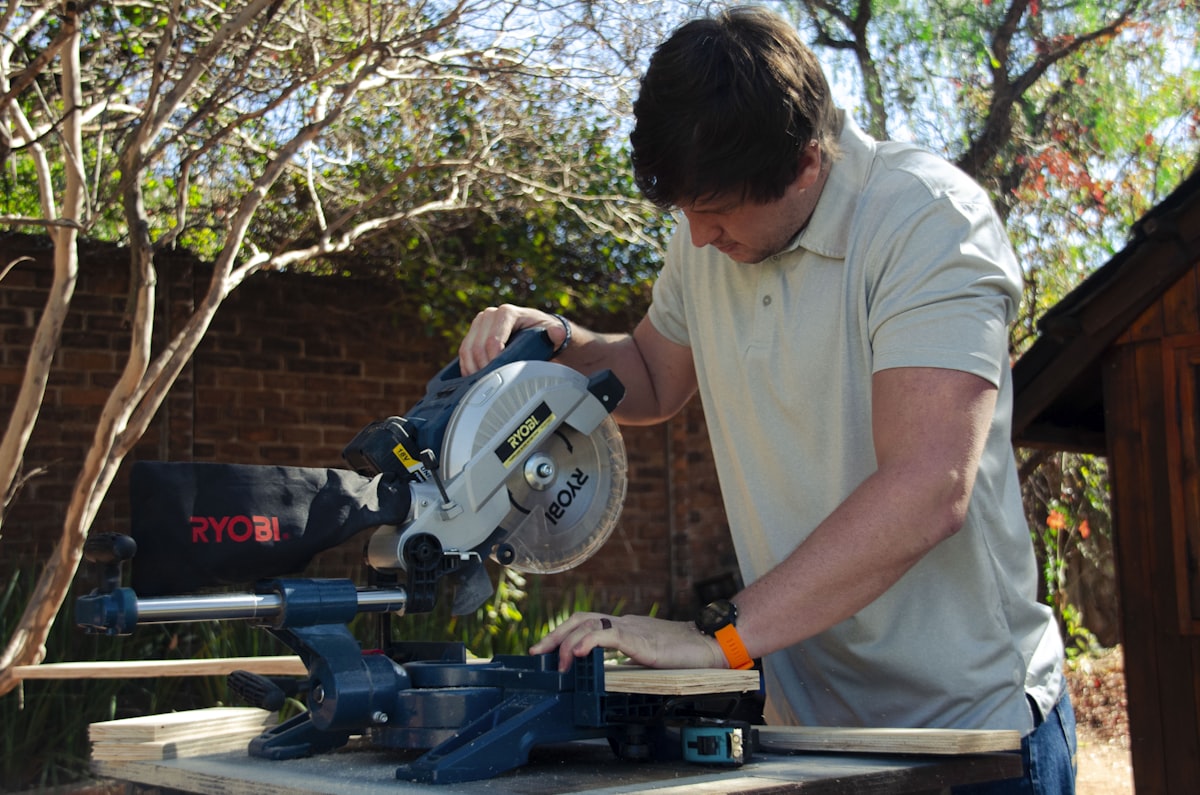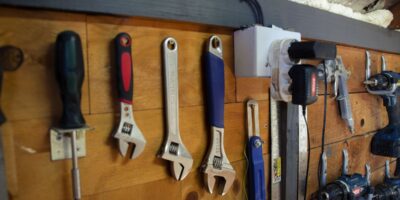Old Heater in House
Understanding the Old Heater in Your House
Old heaters often become a point of concern for homeowners. These devices have been around for decades, serving faithfully during cold seasons. As they age, their efficiency can wane, leading many to question their continued use. Let’s dive into various aspects of old heaters, including their types, components, maintenance, and safety considerations.

Types of Old Heaters
Radiators
Radiators have long been a staple in older homes, particularly those built in the early to mid-20th century. They typically use hot water or steam to heat a space. These heaters are durable and can last a long time with proper maintenance.
Furnaces
Furnaces are another common type of old heater. They typically use gas, oil, or electric sources to heat a home. Forced air systems with ductwork distribute the heated air. Older furnaces can be less efficient, but regular maintenance can help improve their performance.
Boilers
Boilers are water-based heating systems that generate hot water or steam to heat a house. Older boilers often use natural gas, propane, or heating oil. They require routine maintenance to ensure they operate efficiently and safely.
Electric Heaters
Older electric heaters can be found in homes, especially those built in the mid-20th century. These heaters convert electricity into heat. While convenient, older electric heaters can be less efficient and may pose safety risks if not properly maintained.
Components of Old Heaters
Heat Exchanger
The heat exchanger is a vital component in many heating systems, particularly in furnaces and boilers. It transfers heat from the fuel being burned to the air or water that heats your home. With age, heat exchangers can develop cracks or corrosion, reducing efficiency and potentially leaking dangerous gases.
Circulator Pump
In water-based heating systems, the circulator pump moves hot water from the boiler to the radiators or baseboard heaters. Worn or failing pumps can reduce heating efficiency and place extra strain on the system.
Thermostats
Thermostats control the heating system by regulating the temperature. Old thermostats might be less precise than modern digital versions, leading to uncomfortable temperature swings and higher energy bills.
Burners and Ignition Systems
Burners and ignition systems ignite and sustain the fuel source in gas or oil-fired heaters. These components can wear out over time, leading to inefficient combustion and increased fuel consumption.
Maintenance Tips
Regular Inspections
Routine inspections are crucial for maintaining the efficiency and safety of your old heater. Check for any signs of wear, corrosion, or leaks. It’s often beneficial to have a professional assess the heating system annually.
Cleaning
Keeping your heater clean can help maintain its efficiency. Dust and debris can accumulate on components, restricting airflow and reducing performance. Regularly clean air filters, vents, and the heater itself.
Lubrication
Lubricate moving parts like the circulator pump to reduce friction and wear. Check your heater’s manual for recommended lubricants and application points.
Check Thermostat Calibration
Ensure your thermostat is properly calibrated. An inaccurate thermostat can lead to inefficient heating. Replace old thermostats with modern digital models for improved accuracy and energy savings.
Seal Ducts and Pipes
Leaky ducts and pipes can significantly reduce heating efficiency. Inspect and seal any leaks to ensure heated air or water reaches its intended destination without loss.
Bleeding Radiators
If you have a radiator system, it’s essential to bleed them periodically. Air pockets can form inside radiators, reducing their efficiency. Bleeding the system ensures optimal performance.
Safety Considerations
Carbon Monoxide Risk
Old heaters, especially those using gas or oil, can pose a carbon monoxide risk. Ensure you have working carbon monoxide detectors near your heating system and in sleeping areas. Regularly check and replace detector batteries.
Ventilation
Proper ventilation is crucial for preventing harmful gases from accumulating inside your home. Ensure your heating system’s exhaust vents are clear and functioning correctly.
Electrical Safety
Older electric heaters can be a fire hazard if not properly maintained. Check for frayed wires, loose connections, and other electrical issues. Avoid placing flammable items near heaters.
Professional Maintenance
While DIY maintenance is helpful, some tasks require a professional’s expertise. Annual professional inspections and maintenance can ensure your old heater operates safely and efficiently.
Efficiency Improvements
Insulation
One way to improve the efficiency of your old heater is to ensure your home is well-insulated. Proper insulation reduces heat loss, allowing your heater to maintain a comfortable temperature without working as hard.
Upgrade Components
Replacing old components with newer, more efficient ones can extend the life of your heater and improve its efficiency. Consider upgrading thermostats, heat exchangers, or circulator pumps.
Programmable Thermostats
Installing a programmable thermostat can help optimize your heating schedule, reducing energy use when you’re not home or during night hours. These thermostats can be programmed to automatically lower the temperature when not needed, saving on energy costs.
Zone Heating
Consider setting up a zoned heating system if you don’t already have one. Zone heating allows you to control the temperature in different areas of your home independently, ensuring energy isn’t wasted heating unused spaces.
Signs of Replacement
Frequent Repairs
If your old heater requires frequent repairs, it may be more cost-effective to replace it. Constant repair costs can add up, and a new heater may offer better efficiency and lower operating costs.
Inconsistent Heating
Inconsistent heating can indicate that your old heater is struggling to maintain the desired temperature. Uneven temperatures in different areas of your home can signify that your heater isn’t performing efficiently.
High Energy Bills
Skyrocketing energy bills can be a clear indicator that your old heater is using more energy than necessary. Modern heaters are designed to be more energy-efficient, which can lead to substantial savings on your heating bills.
Strange Noises
Unusual sounds, like banging, clanking, or hissing, can indicate significant issues within your heating system. These noises often signal internal wear and tear that might justify a replacement.
Aging System
Heaters have a finite lifespan. If your heater is over 15-20 years old, it might be time to consider a replacement. Newer models offer improved efficiency, safety features, and performance.
Choosing a Replacement
Energy Efficiency
When selecting a new heater, prioritize energy efficiency. Look for models with high AFUE (Annual Fuel Utilization Efficiency) ratings or ENERGY STAR certification. These designations indicate that the heater uses less energy to provide the same level of warmth.
Fuel Type
Consider the type of fuel you want to use. Common options include natural gas, oil, electricity, and propane. Each fuel type has its pros and cons, and availability in your area may influence your decision.
System Size
Choosing the right size heater for your home is crucial. An undersized unit won’t keep your home warm enough, while an oversized unit may waste energy. Consult with a professional to determine the appropriate size based on your home’s square footage and insulation.
Features
Modern heaters come with various features designed to improve comfort and efficiency. Look for features like variable speed blowers, modulating gas valves, and programmable thermostats.
Financial Considerations
Initial Cost
The initial cost of a new heating system can be significant. However, it’s essential to consider the long-term savings from increased efficiency and reduced repair needs. Investing in a higher-quality unit can pay off over time.
Rebates and Incentives
There are often rebates and incentives available for upgrading to energy-efficient heating systems. Check with your local utility company and government programs to see if you qualify for any financial assistance.
Operating Costs
A more efficient heater will have lower operating costs. When evaluating potential replacements, consider not just the upfront cost but also the estimated annual operating costs to find the best value for your investment.



